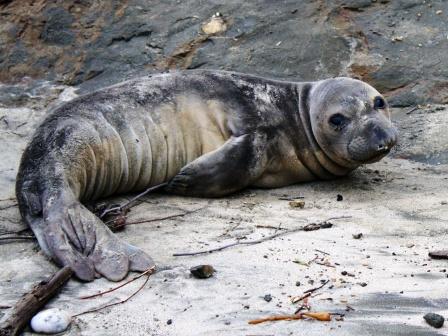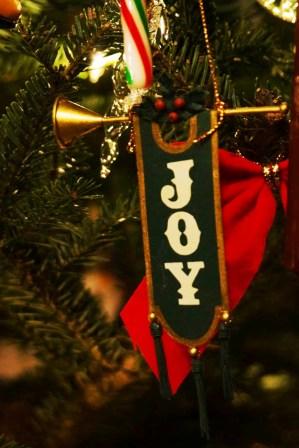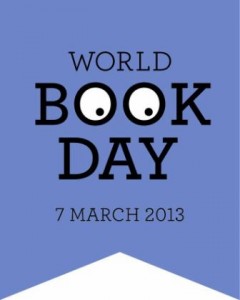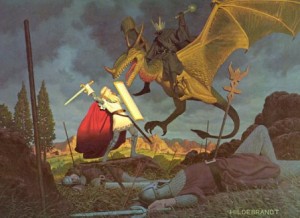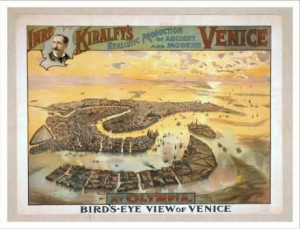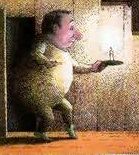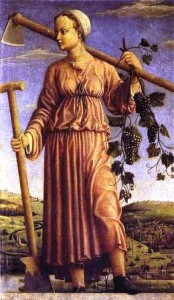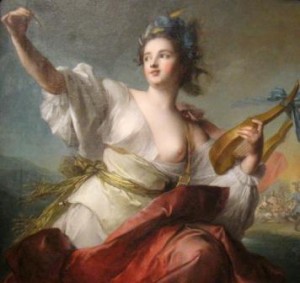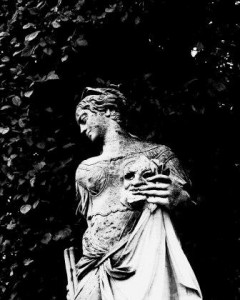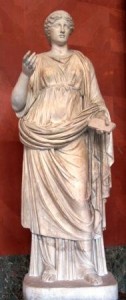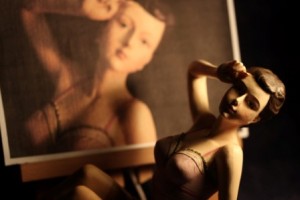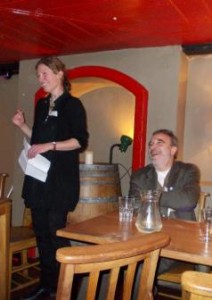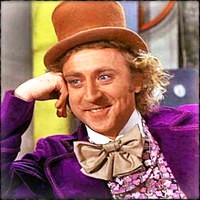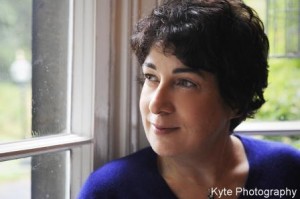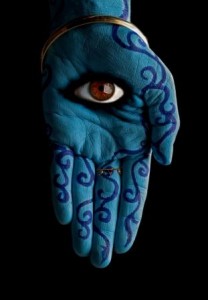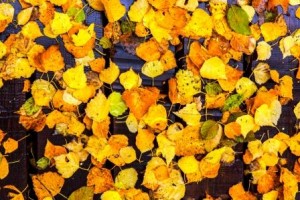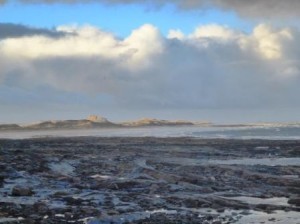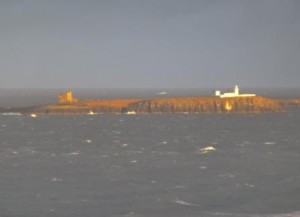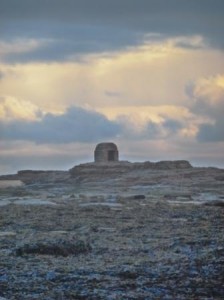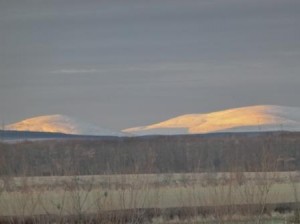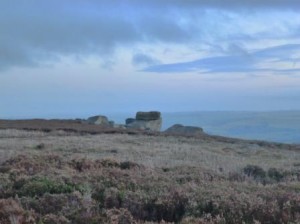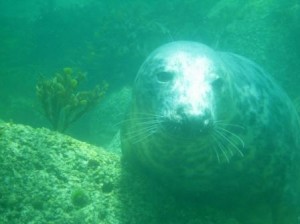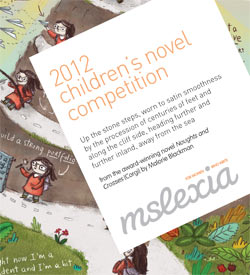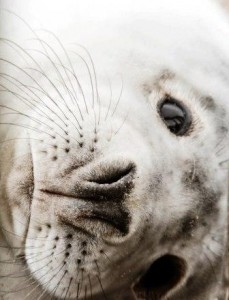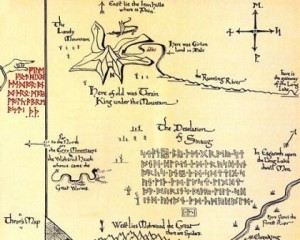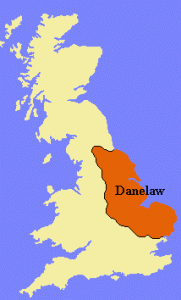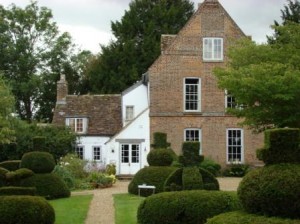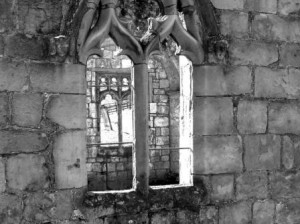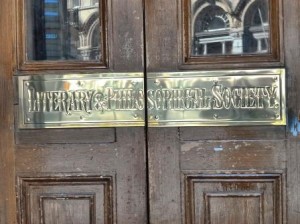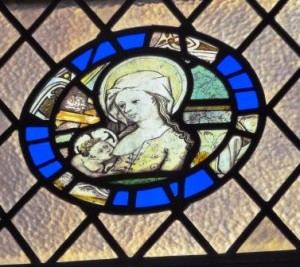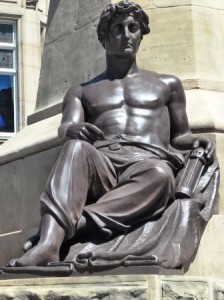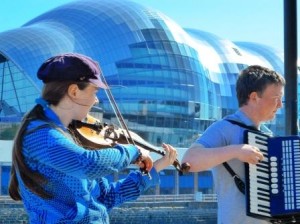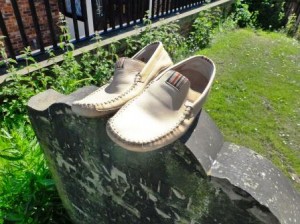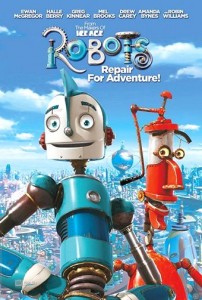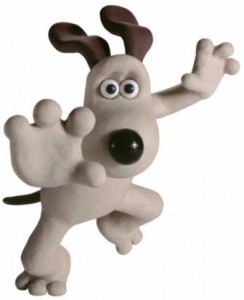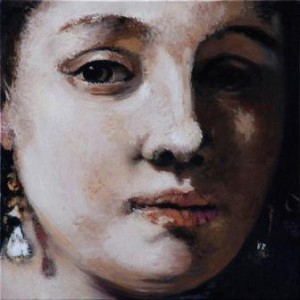It’s the time of year to review what happened over the previous twelve months. Part of me wants to just put the past behind me and look forward without reflection – but the history-lover in me recoils. How can you know how far you’ve travelled if you don’t know where you’ve been?

So here it is – a collection of events and thoughts about this writing year.
- January – the launch of the Golden Egg Academy in Bath. Such enthusiasm for the world of writing for young people. Inspiring – and smashing to be in at the beginning.
- February – first Chi-SCBWI event at the Fountain Inn in Chichester. Reminded me what a talented and kind bunch of writing pals I have locally.
- March – Book Mapping Weekend at the Golden Egg Academy. So wonderful to have someone professional taking me and my work seriously – and some pretty challenging things to think about.
- April – Major structural revisions to my Georgian lamp-lit novel. I found the saggy middle the worst – radical surgery left a lot of bagginess.
- May – Scoobies’ retreat. Inspired by Lucy Christopher to deepen my story. Encouraged by mad and lovely friends to get even more involved in SCBWI (British Isles).
- June – up to Newcastle for difficult and very worthwhile pitching workshop courtesy of Mslexia. (I did get to dance with David Almond’s daughter at the Kathryn Tickell gig the night before. though.)Then speed-date-the-agent event in Foyles. Exhilarating, fun and apparently successful: 5 agents and 1 editor interested in my selkie story. No takers though.
- July – a stay in Devon at Deborah Dooley’s Retreats for You. Partly for my writing, partly for industrial espionage as I want writers to come here to Sussex-by-the-sea. Little details and thoughtfulness can make a big difference.
- August – Arvon, Lumb Bank. Glorious – it felt like coming home, the other writers were great and I gained a great deal of insight from Steve Voake and N. M. Browne doing a brilliant good cop, bad cop routine. Also the Magical Books exhibition at the Bodleian Library – who knew Alan Garner had such distinctive and beautiful handwriting? And Phillip Pullman and Neil Gaiman in conversation at the Oxford Playhouse. Definitely a great deal of wannabe moments there.

- September – brief sojourn in Devon again – but this time with Charlie of Urban Writers’ Retreats. Lovely venue – much to enjoy – but also gained the inevitable realisation that cannot escape yourself. Bum on seat, fingers on keyboard and crack on – the only way that works.
- October Spain – glories of the Alhambra followed by the shooting star of my writers’ retreat dream plunging into a cold ocean. The house we wanted was sold to someone else. Remind me never to share my hopes far and wide. On the other hand, attended thoughtful and stimulating talk with Susan Cooper, Chris Priestley, Geraldine McCaughrean and Sally Gardner on Halloween. Resulted in my best/most popular blog post yet.
- November – NaNoWriMo: 55k of a first draft done. I proved to myself I could do 2k or more every day for 21 days non-stop . I found sometimes I could outrun the inner critic – and I ended up exhausted with a grubby house. Scwbi-con was fun – met brilliant people and somehow found the chutzpah to read short story out in front of the utterly smart and encouraging Malorie Blackman.
- December – so disappointed not be long-listed for Undiscovered Voices. Got back in the saddle and sought editorial help from Golden Egg Academy with new funds (thank you Father Christmas for coming early). Full circle, eh?
So there you go – I hope I didn’t bore you too much. It was a useful exercise for me at least. I now know three things;
- I will carry on writing throughout 2014, published, agented or not .
- My fellow writers mean so much to me.
- I still haven’t given up on the writers’ retreat idea!
Finally, to quote Peter Sinfield:
I wish you a hopeful Christmas
I wish you a brave New Year
All anguish pain and sadness
Leave your heart and let your road be clear
I hope to see you in 2014.


